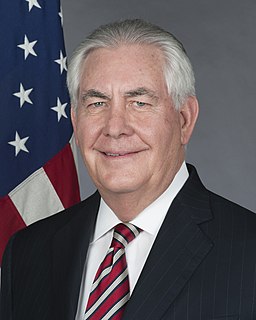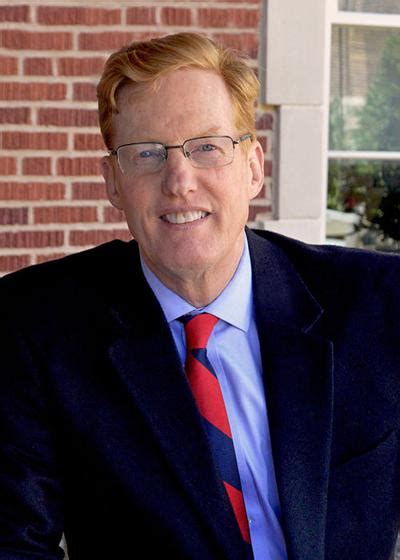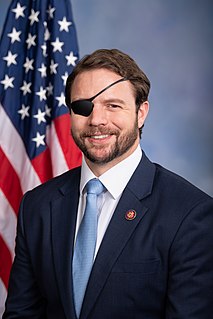A Quote by Rex W. Tillerson
I think what we're hopeful is through this Syrian process, working with coalition members, working with the U.N., and in particular working through the Geneva process, that we can navigate a political outcome in which the Syrian people, in fact, will determine Bashar al-Assad's fate and his legitimacy.
Related Quotes
Kurds are going to have to strike a bargain with Bashar Assad that will keep them in the Syrian state and under some kind of Syrian authority, so that they can have the protection of international legitimacy and the Syrian army against the Turks. How they can bargain with Assad is unclear. What kind of negotiations they can come to, unclear. We will see whether they get something like the Kurds in Iraq, which is a large measure of autonomy, or something less than that. That will be one of the big negotiations to come out of this process.
I think we are making an assumption that that is the outcome of the negotiations. I think President Assad will be prepared to accept whatever the outcome of the intra-Syrian dialogue and the decision of the Syrian people is. But people are trying to decide and determine the outcome of the negotiation before even we agree to start the negotiations.
There is a political process which we are trying to achieve through what is called the Vienna Group. That involves the establishment of a governing council, which is to take power away from Bashar Assad, to write a constitution and to open the way for elections. It is important that Bashar leaves in the beginning, not at the end of the process. This will make the transition happen with less death and destruction.
We're hopeful that Russia will choose to play a constructive role in supporting ceasefires through their own Astana talks, but also, ultimately, through Geneva. And if we can achieve ceasefires in zones of stabilization in Syria, then I believe we will have the conditions to begin a useful political process.
I think the President Donald Trump was quite clear in his statement that he made to the American people that Syria's continued violations of U.N. resolutions and previous agreements that Syria had entered into regarding the Chemical Weapons Accord would no longer be tolerated. I think we have stood by and watched multiple weapon - chemical weapons attacks by the Syrian regime under the leadership of Bashar al-Assad.
































